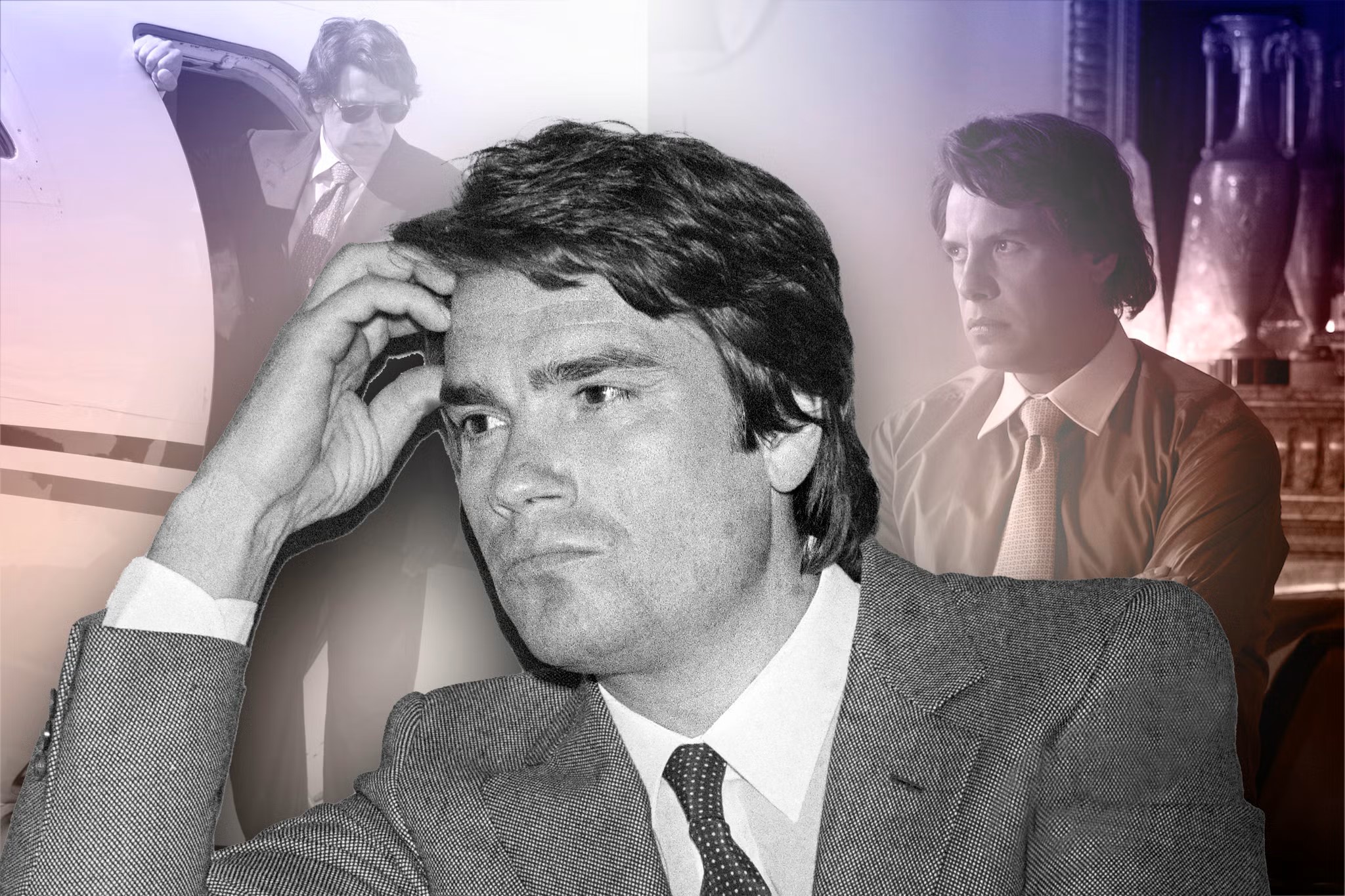His rise was as rapid as his fall: Who is Bernard Roger Tapie?
The suddenly rising French entrepreneur made a huge fortune thanks to bankrupt companies that he closed down cheaply, made them productive, and sold them at a high profit.

Tapie, who was also the president of Olympique Marseille Football Club, had to forget his political career, for which he had great hopes, after several scandals.
He was born in Paris, the son of a Spanish immigrant heating installer. In Le Bourget, a suburb of Paris where he spent his childhood, he worked random jobs after school hours, including working as a coal porter, to contribute to his family's limited budget.
Since then, Tapie has been determined to move up financially and socially through professional success. When he failed to achieve success as a singer in the early 60s, he completed his engineering education in Paris, which he started when he was 17 and received his diploma in 1968.
Bernard Roger Tapie (26 January 1943 – 3 October 2021) was a French businessman, politician and occasional actor, singer, and TV host. He was Minister of City Affairs in the government of Pierre Bérégovoy. In the morning of 3 October 2021, his family announced that he had died at the age of 78. Tapie had been suffering from stomach cancer for several years.
After completing his military service, Tapie made a name for himself in various industrial consulting companies starting in 1969. When he bought the Duverger paper mill in 1977, he became the company boss at the age of 34. In the following years, he became a master of this craft by buying bankrupt companies, fundamentally rationalizing them, and then selling them at a high profit. In doing so, he took advantage of the favorable rules of French bankruptcy law, which was particularly generous regarding the repayment of debts.
He gathered his companies and participation under the umbrella of Groupe Bernard Tapie, which he founded at the age of 36. The successful young entrepreneur did not limit himself to a particular field. His interests included the fashion industry as well as sports equipment production and sensitive measuring instruments. The resourceful businessman, who knew how to make extensive use of mass media to promote himself, became a partner of the French TF-1 television channel with a small share, with the advertising consultancy firm BT Communication.
The sports-loving millionaire, whose turnover of the group of companies he owned in the late 80s reached approximately 5 billion francs, first became involved in cycling. He organized the La Vie Claire cycling races in the mid-80s. This name also belonged to the Tapie's nutritional store chain. Tapie was appealing to health-conscious buyers with the chemical-free foods he sold in these stores.
The cycling organization reached its peak in 1986, when Greg Lemond (USA) and Bernard Hinault (France), supported by Tapie, shared first place in the most important race, the Tour de France. In the same year, Tapie, who took over the presidency of France's most popular football club Olympique Marseille, started a talk show on the TF-1 channel and released his autobiography Gagner (Winning). Far-right extremist Jean-Marie Le Pen, who is popular in Marseille, is on the horizon. To prevent the apparent rise, Tapie became the socialist candidate in the National Assembly elections from the Bouches-du-Rhone constituency. He became a member of parliament for Paris in 1989, defeating his strongest opponent (bourgeois) Guy Teissier in the second round of the election.
A father of three children (two from his first marriage and one from his second marriage), Tapie founded his own finance company (BT Finances) in 1987 and increasingly devoted himself to the sporting goods market. In 1988, he bought the bankrupt Belgian tennis racket factory Donnay, and two years later he became a partner in Adidas with an 80% share. In order to finance this contribution, he had to sell several of his companies, including La Vie Claire and the TF-1 partnership. However, it had to sell off its Adidas shares by 1993 because it exceeded its capacity.
He lost the elections in 1992 to become the regional president of Provence-Alpes-C&te d'Azur. He had to leave the Ministry of Urban Development in Prime Minister Pierre Beregovoy's cabinet after 52 days because he was in danger of being sued on charges of abuse of power and falsifying accounts (1992).
It was alleged that he received 13 million francs in dirty money from a job he did with Toshiba in 1985. Shortly after this case was closed, a bribery scandal was uncovered involving Olympique Marseille Football Club, which he wanted to turn into the best football team in Europe. Olympique Marseilles was relegated to the second league after the bribery accusation of its league rival Valencia team was investigated. Financial acrobat Tapie was declared bankrupt by a court at the end of 1994.
